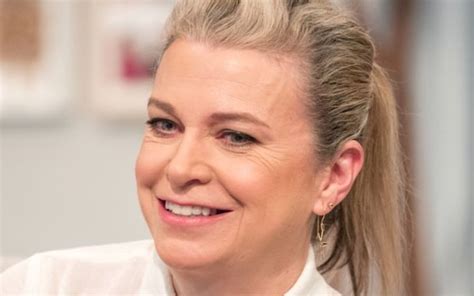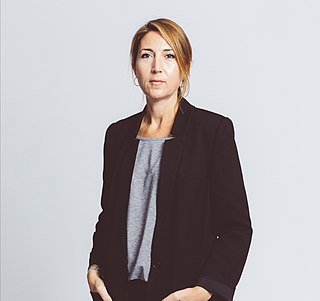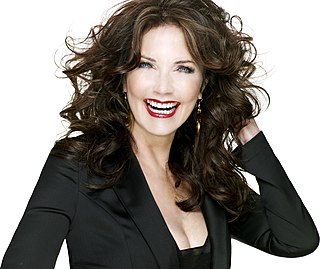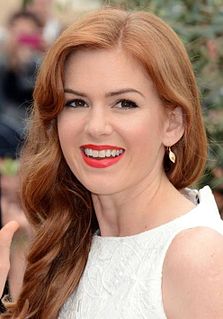A Quote by Jane Fallon
What I find weird is that the term 'chick lit' is used to encompass literally anything a woman writes about relationships. It's the assumption that because you're female, you must write in a certain way. I don't understand why that is - it is a bit demeaning.
Related Quotes
I don't think anyone sits down and thinks, 'I know, I'll be a chick-lit writer.' You write the book that you want to write and then other people say, 'Oh, that's chick-lit.' You say, 'Okay.' But it's not like you look around and go to a careers fair and there will be someone at the chick-lit author stand.
That whole idea of chick lit being a thing that you just lump all the commercial female writers into - it went on for years.I'd switch on the radio, and I'd hear, 'Two female authors are here to discuss chick lit - is it dead?' and I'd think, 'Argh, no, not again. Are we seriously still having this conversation?'
Much-derided chick lit, chick flicks, and chick magazines have left ambitious women in a bind. Why is it that I, a young woman, can read 'GQ,' enjoy 'Fight Club,' and subscribe to 'Thrillist,' while the idea of a guy doing the same with 'Glamour,' '27 Dresses' and 'Daily Candy' is nearly unheard of?
And I do pay a lot of attention to how things feel underneath my feet. It's a way of transporting yourself somewhere that you're trying to write about - closing your eyes and imagining what it feels like to literally be in that space. Maybe because of this weird aura thing I find it a bit easier to put my body in an imaginary space.
I'll tell you...why Wonder Woman worked. Or Bionic Woman. Or any of those [shows] really. It was because it wasn't about brawn...it was about brains. And yes, she happened to be beautiful, she happened to be kind of extraordinary in some way, but she wasn't a guy. And I think that, [now], they...put out a female hero, and all they are doing is changing the costume from a man to a woman...they're not showcasing any of the tremendous dichotomies than women possess in term of softness and toughness, sweetness and grit, inner and outer strength.
I'm not one of the people who has a kind of scholarly hat and writes in a certain way for an academic audience and then puts on a public intellectual hat and writes a different way for a different kind of readership. I generally write the way I write, no matter what and it seems to have worked for me.
I have always felt a little bit uncomfortable with question [why I'm write these stories]. It's not a question that you would ask a guy that writes detective stories or the guy that writes mystery stories, or westerns, or whatever. But it is asked of the writer of horror stories because it seems that there is something nasty about our love for horror stories, or boogies, ghosts and goblins, demons and devils.































